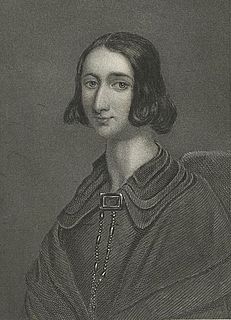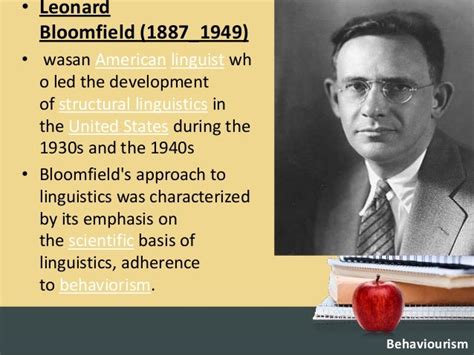A Quote by Samuel Johnson
Every man may be observed to have a certain strain of lamentation, some peculiar theme of complaint on which he dwells in his moments of dejection.
Related Quotes
It is generally allowed, that no man ever found the happiness of possession proportionate to that expectation which incited his desire, and invigorated his pursuit; nor has any man found the evils of life so formidable in reality, as they were described to him by his own imagination; every species of distress brings with it some peculiar supports, some unforeseen means of resisting, or powers of enduring.
He that would travel for the entertainment of others, should remember that the great object of remark is human life. Every Nation has something peculiar in its Manufactures, its Works of Genius, its Medicines, its Agriculture, its Customs, and its Policy. He only is a useful Traveller, who brings home something by which his country may be benefited; who procures some supply of Want, or some mitigation of Evil, which may enable his readers to compare their condition with that of others, to improve it whenever it is worse, and whenever it is better to enjoy it.
Every man, however hopeless his pretensions may appear, has some project by which he hopes to rise to reputation; some art by which he imagines that the attention of the world will be attracted; some quality, good or bad, which discriminates him from the common herd of mortals, and by which others may be persuaded to love, or compelled to fear him.
Every man is prompted by the love of himself to imagine that he possesses some qualities, superior, either in kind or degree, to those which he sees allotted to the rest of the world; and, whatever apparent disadvantages he may suffer in the comparison with others, he has some invisible distinctions, some latent reserve of excellence, which he throws into the balance, and by which he generally fancies that it is turned in his favour.
If it were possible to transfer the methods of physical or of biological science directly to the study of man, the transfer would long ago have been made ... We have failed not for lack of hypotheses which equate man with the rest of the universe, but for lack of a hypothesis (short of animism) which provides for the peculiar divergence of man ... Let me now state my belief that the peculiar factor in man which forbids our explaining his actions upon the ordinary plane of biology is a highly specialized and unstable biological complex, and that this factor is none other than language.
In the latter sense, a man has a property in his opinions and the free communication of them. He has a property of peculiar value in his religious opinions, and in the profession and practice dictated by them. He has an equal property in the free use of his faculties and free choice of the objects on which to employ them. In a word, as a man is said to have a right to his property, he may be equally said to have a property in his rights.
And because the condition of Man, (as hath been declared in the precedent Chapter) is a condition of Warre of every one against everyone; in which case every one is governed by his own Reason; and there is nothing he can make use of, that may not be a help unto him, in preserving his life against his enemyes; It followeth, that in such a condition, every man has a Right to every thing; even to one anothers body.
The truly educated man is not a man who knows a bit of everything, not even the man who knows all the details of all subjects (if such a thing were possible): the “whole man” in fact, may have little detailed knowledge of facts and theories...but he will be truly in touch with the centre. He will not be in doubt about his basic convictions, about his view on the meaning and purpose of his life. He may not be able to explain these matters in words, but the conduct of his life will show a certain sureness of touch which stems from this inner clarity.
It is a proverbial expression that every man is the maker of his own fortune, and we usually regard it as implying that every man by his folly or wisdom prepares good or evil for himself. But we may view it in another light, namely, that we may so accommodate ourselves to the dispositions of Providence as to be happy in our lot, whatever may be its privations.


































